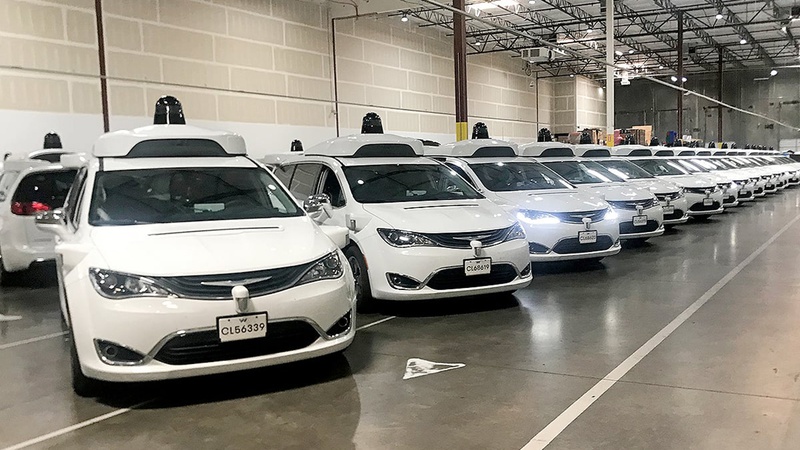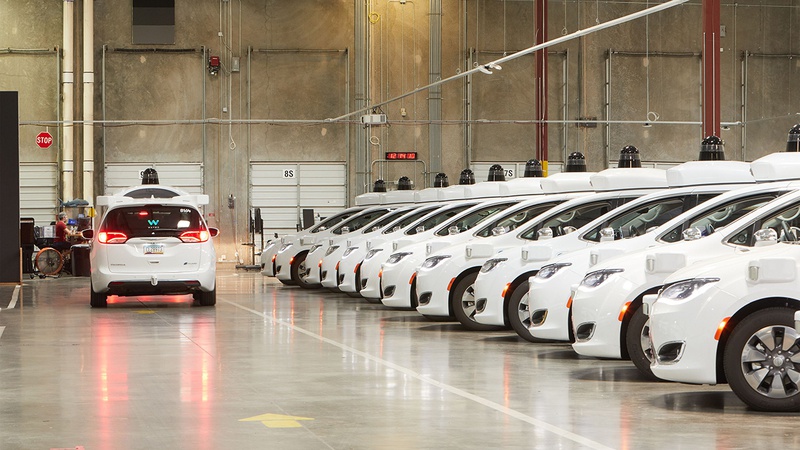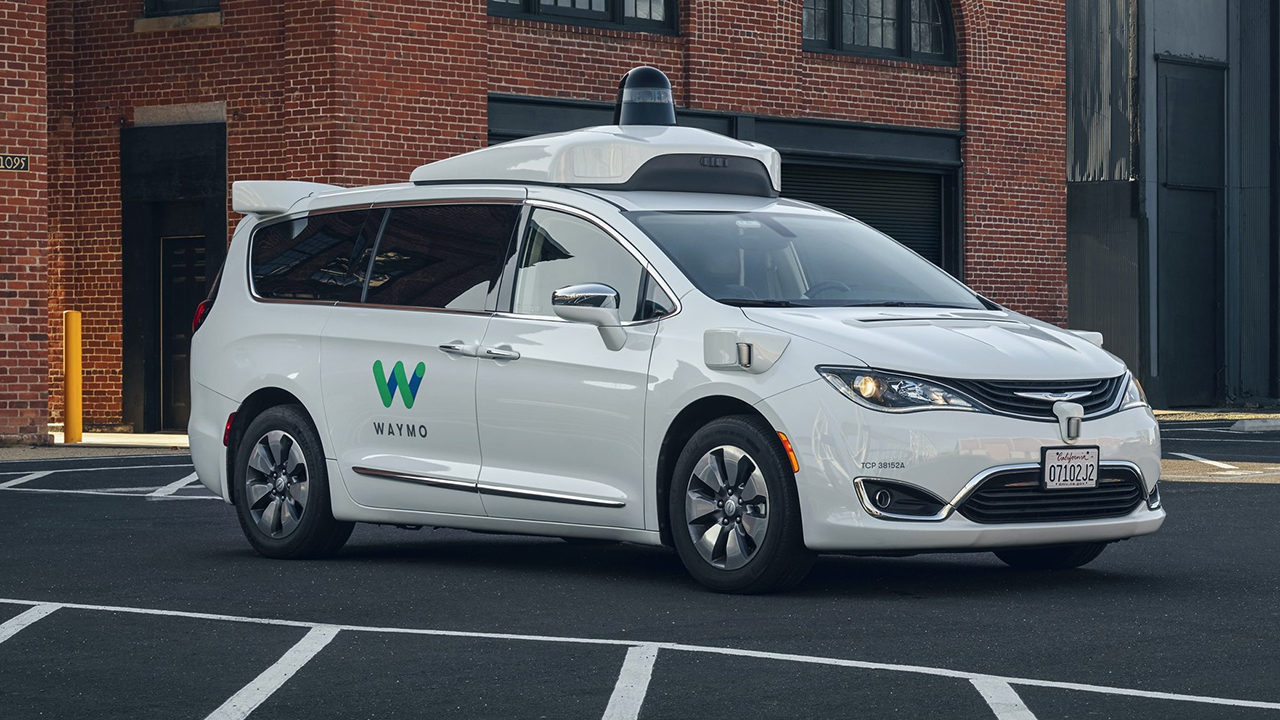Waymo has announced plans to retire its fleet of Chrysler Pacifica Hybrid minivans as part of a plan to shift to a purely battery-electric fleet. The announcement came via a blog post from Waymo, where the company revealed that the Pacifica Hybrids will be replaced by its existing fleet of modified Jaguar I-Pace EVs, which will continue operations alongside a new all-electric autonomous robotaxi developed as part of a partnership with Zeekr, a brand owned by Chinese automaker Geely.
The retirement of the minivans will begin immediately and is expected to be completed in the coming weeks. The company's fleet of autonomous vehicles currently only operates in the metro Phoenix, Arizona region, but Waymo has plans to expand services to San Francisco and Los Angeles, California in the future.
The new all-electric autonomous robotaxi developed in partnership with Zeekr was unveiled in late 2021, and is expected to be an important part of Waymo's future plans. However, no word has been given as to when the road-going version will enter service. The new vehicle is designed at Zeekr's R&D center in Gothenburg, Sweden, and features Waymo's in-house-developed technologies such as ADAS sensors found on the roof and four corners. The spacious interior, at least on the prototype, offers enough room for up to five passengers and has reclining seats and plenty of chargers for personal devices. There is no steering wheel, and the dashboard simply consists of a large screen and audio speakers. It is unclear how much of the design will be carried over from the prototype to the production version.


Waymo says that its EV fleet will be matched with 100% renewable energy in order to be a zero-emissions ride-hailing service. Along with the announcement about the retirement of its minivans and the new robotaxi, Waymo has also confirmed that it will be joining the White House EV Acceleration Challenge, a detailed plan involving EV fleet expansion, a massive expansion of charging stations, and consumer education and support.
According to Waymo, shared mobility can help repurpose parking, complement existing transit options, improve pedestrian safety, and reduce localized emissions, ultimately helping cities and streets be designed more for people and less for cars. As the company moves forward with its plans for an all-electric fleet and the introduction of the new robotaxi, it will be interesting to see how it navigates the challenges of expanding its services to new regions while maintaining its commitment to sustainable transportation.
Source: Waymo

